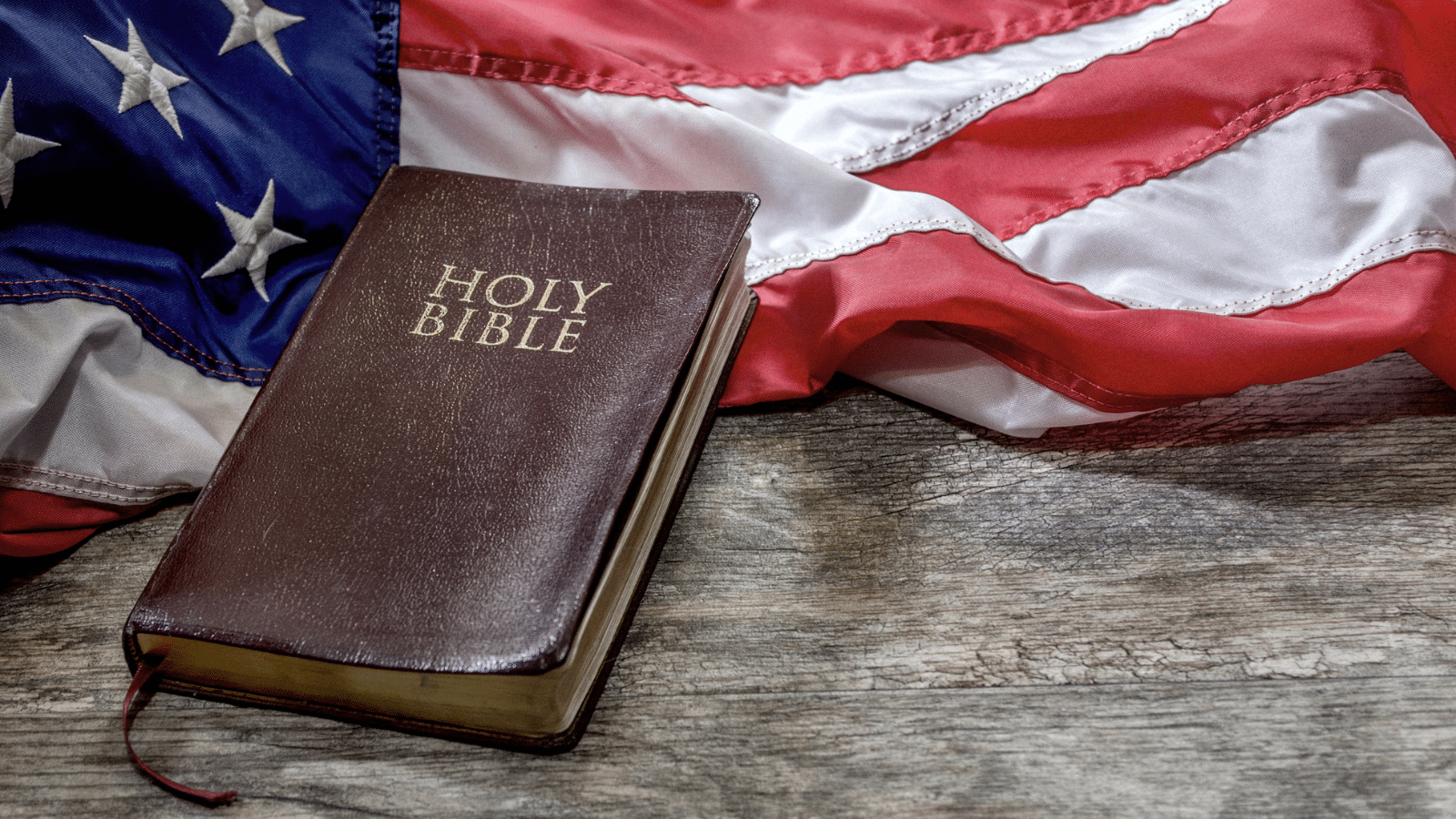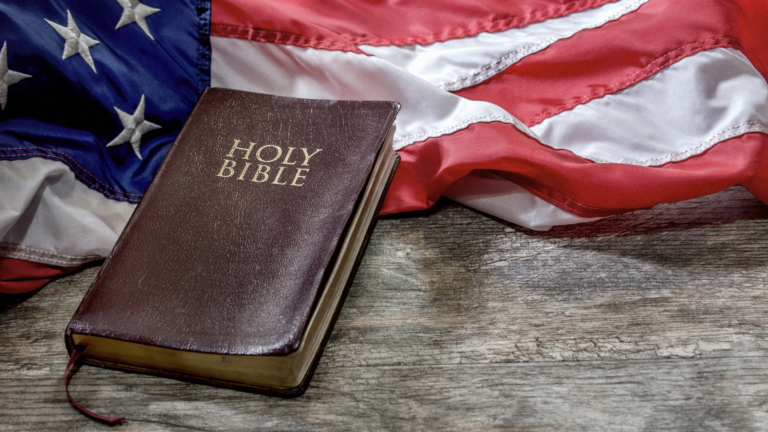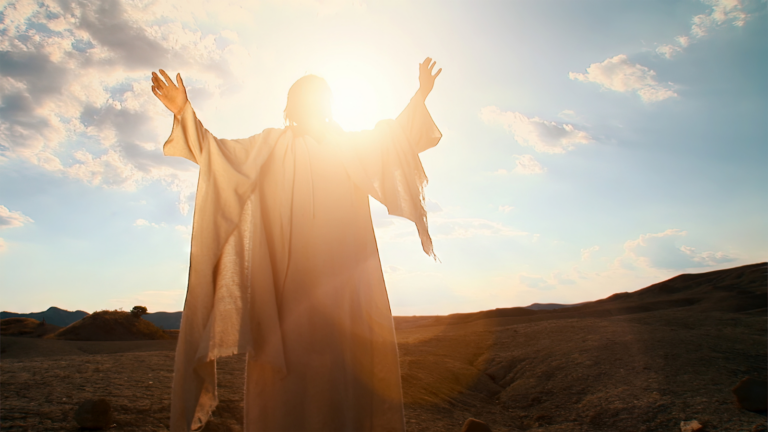10 Mind-Blowing Facts About Atheists That Will Leave You Stunned
In a world filled with different beliefs, the idea of not believing in a higher power is often intriguing and misunderstood. Even as a Christian, it’s healthy sometimes to question things. Plus, exploring the diverse ways people think can be eye-opening.
In this article, we will share ten surprising facts about atheists. These facts go beyond what you might have heard before, challenging common ideas and giving you a new perspective. Get ready for a journey that goes deep into the world of atheism, showing you a side of it that might change the way you see things.
1. Atheism in America Has Recently Increased

Over the last decade, there has been a noticeable increase in the number of Americans identifying as atheists. According to telephone surveys conducted by the Pew Research Center in 2018 and 2019, 4% of American adults now describe themselves as atheists when asked about their religious identity, marking a significant rise from the 2% reported in 2009.
Additionally, the number of individuals labeling themselves as agnostics has also seen an increase, climbing from 3% a decade ago to the current 5%. These shifts suggest a changing landscape in how individuals perceive and express their religious or non-religious affiliations in the United States.
2. The Majority of American Atheists Fit The Literal Definition

According to Merriam-Webster, an atheist is defined as someone who doesn’t believe in the existence of a god or any gods. In the United States, the majority of individuals who identify as atheists, approximately 81%, align with this definition by expressing a lack of belief in God, a higher power, or any form of spiritual force.
It’s worth noting that around 18% of self-identified atheists differ from the typical definition, acknowledging a belief in some type of higher power. Interestingly, none of the surveyed atheists expressed belief in the God that’s described in the Bible. These variations in belief highlight the diverse perspectives within the atheist community regarding the existence of higher powers.
3. There Are More Atheists in Europe Than The United States

In lots of European countries, there are more people who identify as atheists compared to the United States. In Western Europe, where the Pew Research Center surveyed 15 countries in 2017, about 19% of Belgians consider themselves atheists, along with 16% in Denmark, 15% in France, and 14% in both the Netherlands and Sweden. The country with the highest percentage of atheists in Europe seems to be the Czech Republic, where a quarter of adults identify this way. In nearby Slovakia, 15% of people say they are atheists. However, in the rest of Central and Eastern Europe, atheists are less common despite the historical influence of the officially atheist Soviet Union.
Similar to Americans, many Europeans in different countries are more likely to say they don’t believe in God rather than identify as atheists. For instance, two-thirds of Czechs and at least half of Swedes (60%), Belgians (54%), and Dutch adults (53%) mention they don’t believe in God. In other parts of the world surveyed by the Center, like Latin America and sub-Saharan Africa, atheists are generally much less common.
4. Most Atheists Are Younger Men In The United States

In the United States, most atheists are men and tend to be on the younger side, as per the 2014 Religious Landscape Study. Around seven out of ten atheists in the U.S. are men (68%). The typical age for atheists is 34, which is younger compared to the average age of 46 for all adults in the U.S.
Additionally, atheists are more likely to be white (78% versus 66% of the general public) and well-educated, with about four in ten atheists (43%) holding a college degree, compared to 27% of the general population. Those who identify as atheists also often align themselves with the Democratic Party and lean towards political liberalism.
5. Atheists Wonder About The Universe More Than Christians

Most atheists in the U.S. don’t find religion important in their lives (93%) and rarely or never pray (97%). However, many don’t see a conflict between being an atheist and reflecting on their existence.
About a third of American atheists think about the meaning of life at least weekly (35%), and a similar proportion often experience a deep sense of spiritual peace and well-being (31%). Remarkably, the survey finds that Americans who identify as atheists are more likely than American Christians to regularly experience a sense of wonder (54% vs. 45%).
6. Atheists Find The Most Meaning in Family and Hobbies

When asked about what gives their lives meaning, atheists, like most Americans, commonly mentioned “family” in a 2017 survey by the Pew Research Center. However, atheists were noticeably more likely than Christians to find meaning in hobbies (26% compared to 10%).
Additionally, atheists in America tended to place greater value on things like money and finances, creative endeavors, travel, and leisure activities than did the majority of people. Unsurprisingly, only a small percentage of U.S. atheists (4%) mentioned spirituality as a source of life’s meaning.
7. The Majority of American Atheists Believe Religion is Harmful

For many atheists, it’s not just about rejecting personal religious labels and beliefs. They often hold negative views about the role of religion in society. In a 2019 survey, seven in ten U.S. atheists expressed that religion’s influence is decreasing in American public life, and they see this as a positive trend (71%).
In contrast, fewer than one in five U.S. adults overall (17%) feel the same way. Atheists also hold the views that religious institutions have too much influence in American politics and that churches and other religious organizations hurt society more than they help it (70% vs. 93%).
8. Atheists Are Actually Very Informed About Religion

Even though atheists don’t believe in religious teachings, they are well-informed about religion. In Pew Research Center’s 2019 survey on religious knowledge, atheists performed exceptionally well, answering an average of about 18 out of 32 fact-based questions correctly.
In comparison, the average for all U.S. adults was around 14 correct answers. When it came to questions about Christianity, atheists and Christians had comparable levels of knowledge. For instance, about eight out of ten people in both groups were aware that Easter honors Jesus’ resurrection. Additionally, atheists were two times as likely as the general American population to be aware that the United States Constitution states that no religious test is required to hold public office.
9. Over Half of Americans Believe Morality Doesn’t Require Belief in God

According to a 2017 survey, 56% of Americans believe that morality doesn’t necessarily require a belief in God, while 42% feel that having good values is dependent on believing in God. In contrast, in wealthier countries like France, only 15% believe that belief in God is crucial for having good morals.
However, in many other parts of the world, the majority of people strongly believe that one must have faith in God to be moral. For example, 99% of respondents in Indonesia and Ghana and 98% in Pakistan expressed this belief in a 2013 Pew Research Center international survey. These findings highlight the diverse perspectives on the relationship between belief in God and moral values across different regions.
10. Americans Have Negative Feelings Toward Atheists

In a 2019 survey conducted by the Pew Research Center, Americans were asked to express their feelings toward different religious groups using a “feeling thermometer” scale, ranging from 0 (as cold and negative as possible) to 100 (the warmest and most positive). The results showed that Americans, on average, feel less warmly toward atheists compared to members of several major religious groups.
Atheists received an average rating of 49, which is the same as the rating given to Muslims (49). However, these ratings were notably lower than the warmth expressed toward other religious groups, such as Jews, who received an average rating of 63; Catholics, with a rating of 60; and evangelical Christians, with a rating of 56. This data reflects a variation in how Americans perceive and feel toward individuals associated with different religious affiliations.
Are You an Atheist? These 10 Takeaways From The Bible May Challenge Your Perspective

Are you someone who doesn’t believe in God or religion? If so, you might be an atheist. In this article, we’ll explore ten eye-opening insights from the Bible that could make you see things differently, even if you’re a non-believer. These thought-provoking takeaways might just challenge your perspective and open your mind to new ideas.
Are You an Atheist? These 10 Takeaways From The Bible May Challenge Your Perspective
Are You Surprised? These 10 Celebrities Have Publicly Rejected Faith

In a world where many people believe in God or other higher powers, it’s quite surprising when a famous person publicly states that they don’t believe in any of it. However, these ten celebrities have done just that! They’ve come forward and admitted that they’re atheists. Are you surprised by this list?
Are You Surprised? These 10 Celebrities Have Publicly Rejected Faith
Skipped Church Today? Why Christians are Opting Out of Regular Sunday Services

Did you make it to Sunday church this morning? If not, you’re not alone.
A recent Lifeway Research study identified some common reasons why Christians are skipping church these days — and some of the reasons might be surprising.
Hebrews 10:24-25 tells us, “And let us consider how we may spur one another on toward love and good deeds, not giving up meeting together, as some are in the habit of doing, but encouraging one another—and all the more as you see the Day approaching.”
Yet, for these Christians, there are several very good reasons why they might miss any given Sunday morning.
Skipped Church Today? Why Christians are Opting Out of Regular Sunday Services
Unbelievable! The 14 Most Offensive Statements by Non-Christians

In our diverse world, we often discuss different beliefs and ideas, especially when it comes to religion. Sometimes, these discussions can get a bit intense, and people may say things that upset others. Let’s discuss 14 of these surprising and controversial statements that non-Christians have made.
Unbelievable! The 14 Most Offensive Statements by Non-Christians
What to Do When You and Your Husband Have Differing Beliefs

Religion may not make it into the top five topics that couples fight about (that’d be money — which you can read about here, sex, work, parenting, and housework if you’re curious), but that doesn’t mean that religion doesn’t cause its fair share of conflicts — especially when both spouses have differing religious beliefs.






